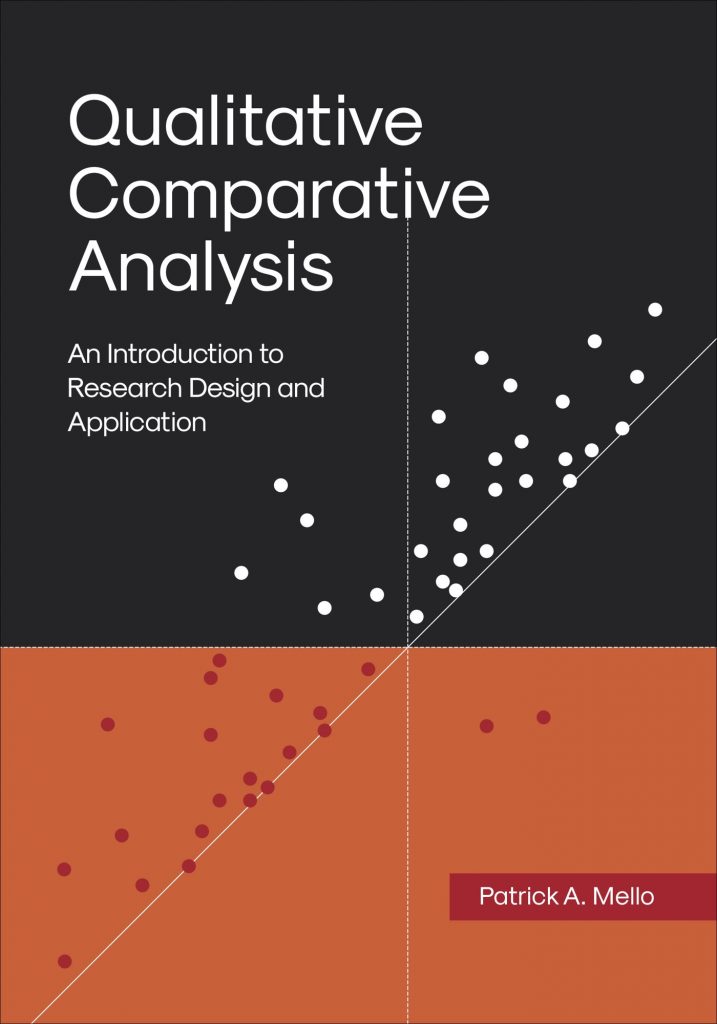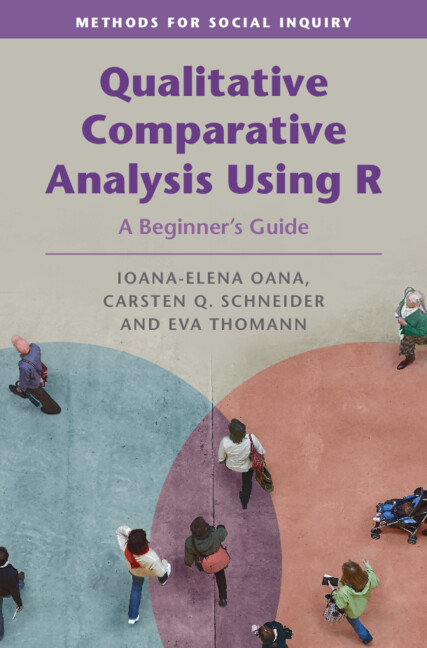“Intergenerational Transmission of Education: Set-Theoretic Exploration of Accumulation of Social Advantages and Disadvantages in Six European Countries” by Triin Lauri (Tallinn University) and Ellu Saar (Tallinn University).
The aim of the paper is to investigate the patterns of multiple advantages and disadvantages of parental resources measured by educational attainment of both parents as well as parental cultural resources and their impact on the educational attainment of offspring across three cohorts in six European countries – the Czech Republic, Estonia, Germany, Italy, Sweden, and the United Kingdom. We separate the examination of combined advantages from that of combined disadvantages to emphasise the asymmetries in these relationships by employing a novel configurational approach, set coincidence analysis introduced by Ragin and Fiss (2017). The analysis based on the International Assessment of Adult Competencies data (PIAAC) revealed substantial country differences in degrees of cumulative advantages and disadvantages of respondents’ parental resources and also in the linkages between these cumulative patterns and respondents’ educational attainment.


